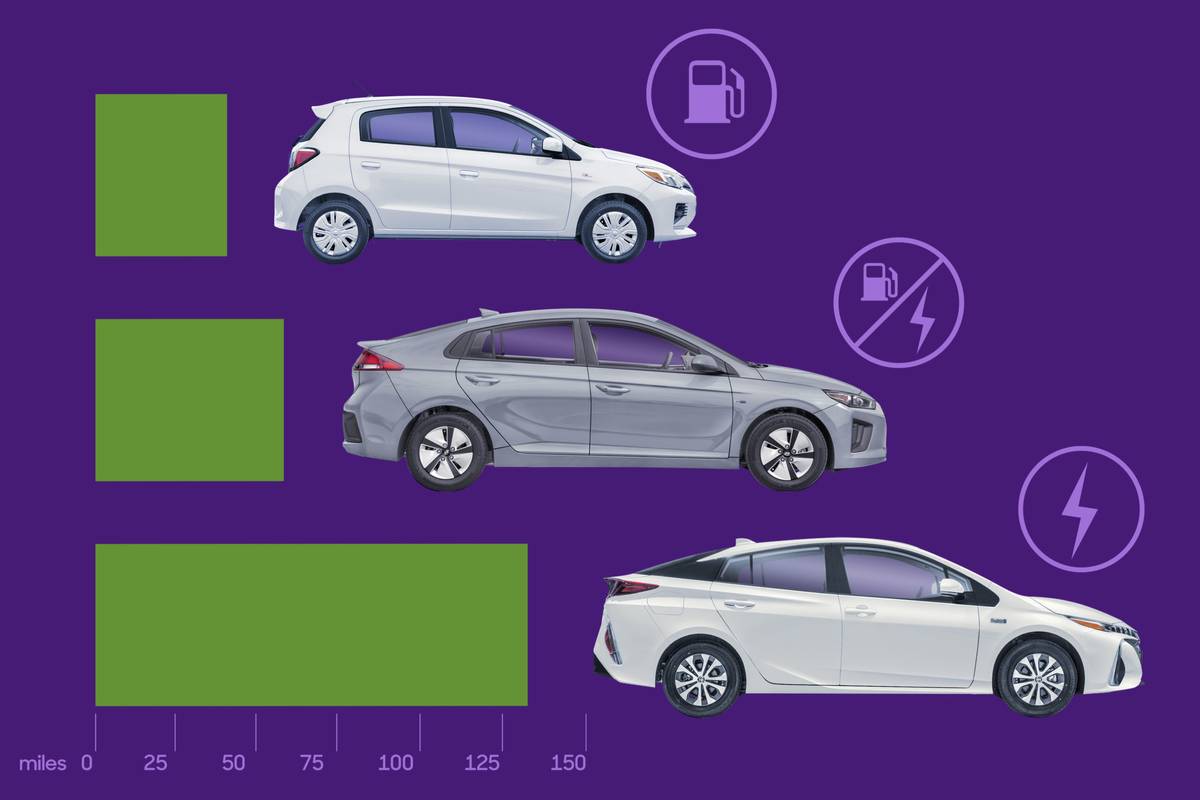Insightful Bytes
Your daily dose of informative news and inspiring insights.
When Your Car Drinks Less: A Thirst for Efficiency
Unlock the secrets to a fuel-efficient ride! Discover tips to make your car thirst for less and save money at the pump.
10 Tips to Improve Your Car's Fuel Efficiency
Improving your car's fuel efficiency can lead to significant savings at the pump and reduce your carbon footprint. Here are 10 tips to help you maximize your vehicle's mileage:
- Maintain Regular Service: Keep your engine tuned and follow the manufacturer's recommended maintenance schedule. A well-maintained engine operates more efficiently.
- Check Tire Pressure: Under-inflated tires can lead to decreased fuel efficiency. Ensure your tires are inflated to the recommended pressure.
- Drive Smoothly: Avoid aggressive driving and sudden stops. Gradual acceleration and braking can improve your fuel economy.
- Reduce Weight: Remove unnecessary items from your car to lighten the load. Extra weight requires more fuel to move.
- Minimize Idling: Turn off the engine when parked or waiting for extended periods. Idling consumes fuel without moving the vehicle.
In addition to these essential tips, consider the following suggestions to further enhance your car's performance:
- Use Cruise Control: On the highway, utilizing cruise control can help maintain a constant speed, which often improves fuel efficiency.
- Choose the Right Fuel: Use the fuel grade recommended by your vehicle's manufacturer to achieve optimal performance.
- Avoid Excessive Use of Air Conditioning: Reduce air conditioning use, especially during low-speed driving, to save on fuel.
- Plan Your Trips: Combine errands and plan routes efficiently to minimize distance and fuel consumption.
- Make Use of Fuel-Efficient Driving Techniques: Familiarize yourself with techniques such as coasting and maintaining momentum to conserve fuel.

How Does Engine Maintenance Affect Fuel Consumption?
Engine maintenance plays a crucial role in determining a vehicle's fuel consumption. Neglected engines can lead to a buildup of dirt and grime, causing the engine to work harder and become less efficient. When engine components like air filters, spark plugs, and fuel injectors are not properly maintained, they can hinder airflow and fuel delivery. This not only reduces the overall performance of the engine but also increases the amount of fuel consumed to achieve the same power output. Regular maintenance ensures that these components are clean and functioning optimally, resulting in improved fuel efficiency.
Furthermore, regular maintenance can help identify potential issues before they escalate into major problems. By adhering to a scheduled maintenance plan, vehicle owners can help prevent performance drops associated with engine wear and tear. For instance, changing the engine oil regularly helps reduce friction between engine parts, allowing for smoother operation. Additionally, maintaining proper tire pressure and alignment can also affect fuel consumption significantly. Properly maintained vehicles not only save money at the pump but also contribute to a more sustainable environment by reducing carbon emissions.
Is Driving Style the Key to Better Fuel Economy?
The way you drive has a significant impact on your vehicle's fuel economy. Studies suggest that aggressive driving behaviors, such as rapid acceleration and hard braking, can decrease fuel efficiency by as much as 30% compared to smooth driving. Following some basic principles of eco-friendly driving can lead to substantial savings at the pump. For instance, maintaining a steady speed, using cruise control on highways, and anticipating traffic flow can keep your vehicle operating at its most efficient level.
In addition to maintaining a steady speed, being mindful of your gear shifts can also influence fuel economy. For manual transmission drivers, shifting up at lower RPMs can promote better fuel efficiency. Similarly, for automatic transmission vehicles, it's essential to ensure that there are no unnecessary loads, as excess weight can reduce fuel economy. Overall, adopting a smoother and more thoughtful driving style not only improves fuel efficiency but also contributes to a more enjoyable driving experience.